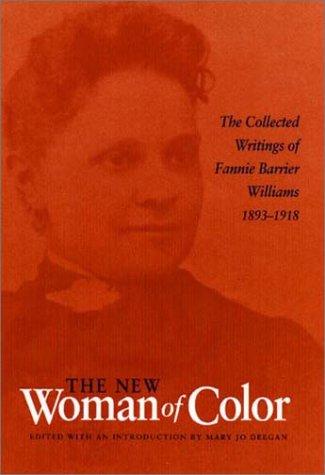In the End, the NFL Proved Colin Kaepernick RightPosted in Articles, Media Archive, Social Justice, United States on 2019-12-13 14:58Z by Steven |
In the End, the NFL Proved Colin Kaepernick Right
The Atlantic
2019-12-12
Jemele Hill, Staff writer
In pronouncing the outspoken quarterback’s career dead, the league underscored its own unwillingness to let players exercise their own power.
When the NFL commissioner, Roger Goodell, declared yesterday that the league had “moved on” from the embattled quarterback Colin Kaepernick, the finality of Goodell’s tone answered the question about whether Kaepernick would ever play professional football again.
Kaepernick became persona non grata in the National Football League after the 2016 season, during which he protested police violence against African Americans by kneeling during the national anthem. The league then spent more than two years trying to make him go away, but seemed to relent by scheduling a workout for him last month in Atlanta. But that proposed session didn’t happen on the NFL’s terms, and Goodell, in his first public comments about the matter, implied yesterday that Kaepernick had blown his last chance.
“It was a unique opportunity—an incredible opportunity—and he chose not to take it. And we’ve moved on here,” Goodell said at an owners’ meeting in Irving, Texas.
But if Goodell believes that the Atlanta fiasco provided closure to this situation, he’s being horribly naive. The league’s clumsy treatment of Kaepernick only showed what the quarterback’s supporters have been saying all along: The NFL is unwilling to tolerate black athletes’ outrage, outspokenness, and desire to exercise their power—even though all three are entirely justified…
Read the entire article here.







